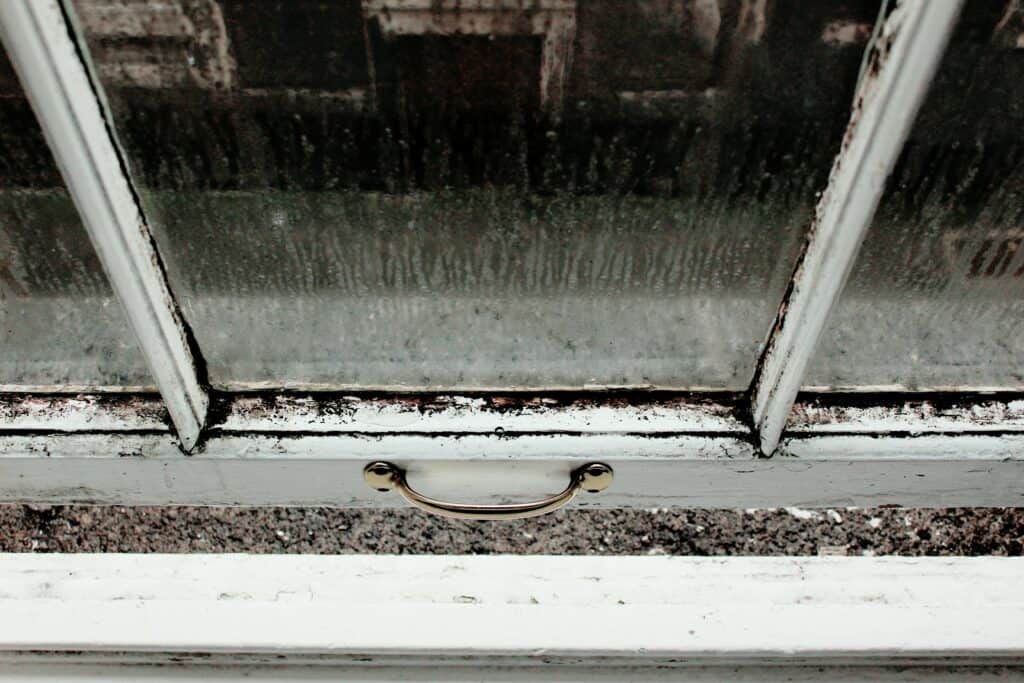Awaab’s Law

In December 2020, Awaab Ishak sadly passed away just after his second birthday. The coroner stated this young boy, “died as a result of a severe respiratory condition due to prolonged exposure to mould in his home environment. Action to treat and prevent the mould, was not taken,” writes Clive Scrivener, Partner at Wimbledon based Chartered Surveyors Scrivener Tibbatts.
Since then, Awaab’s family, supported by the charity Shelter, have campaigned for the creation of ‘Awaab’s Law’.
In this blog Katie Townsend, from the Centre for London, explains the relevant housing legislation currently moving through Parliament:
It’s well-known that London is suffering from a severe housing crisis. But what are national, regional and local government actually doing to solve it?
This new piece of legislation, currently making its way through Parliament states social housing landlords must:
- Investigate hazards within 14-calendar days. For the full list of hazards, see the Appendix.
- Provide a written report of the investigation. The written report must be provided within the aforementioned 14-day timeframe, including details of the hazard, next steps and a clear timeframe for the work needed to fix the hazard.
- Begin repair works in 7-calendar days if the hazard could post a significant risk to health or safety of the tenants. Defining significant risk to health will NOT require a doctor’s note, as part of government policy attempting to reduce NHS waiting times. Hazards can be defined as ‘significant’ through guidelines set out by the government, which considers issues such as severity of the problem alongside age and vulnerability of the tenants.
- Complete repair work within a ‘reasonable time period’. The registered provider must satisfactorily complete repair works, within a ‘reasonable timeframe’ using the Landlord and Tenant Act 1985.
- Emergency repairs must be completed within 24 hours. Social Housing landlords should begin emergency repairs as soon as possible, but in all cases within 24 hours.
- Social housing landlord must offer alternative accommodation if repairs cannot be completed. In cases where emergency repairs are needed for hazards posing an imminent or significant risk to tenants, and they cannot complete repairs in the timeframes stated above, suitable accommodation must be found for the tenants.
- Social Housing landlords will be expected to keep a clear record of correspondence with residents and contractors. This includes all correspondence with residents regarding the issue, and any correspondence with contractors.
Awaab’s Law entered Parliament through Clause 42 within the Social Housing (Regulation) Act in July of 2023. It forms part of the government’s White Paper pledge to reduce non-decency in rented homes by 50% by 2030.
It’s currently in the consultation phase, which began on 9 January 2024, and will run for eight weeks in total. While there is no timetable for its enactment into law, cross-party support means it’s likely to pass quickly through the Commons and be enacted into law before the end of 2024.
What does this mean for London?
Awaab’s law plugs a gap in the legislation outlined in the Decent Homes Standard which currently makes no direct mention of damp or mould, a grave oversight. This has dire effects in the capital. 2 in 5 Londoners reported living with damp or mould in their home in the past year. These households are currently are left vulnerable to rogue landlords who are not legally obligated to fix the issue. Awaab’s law would be a step in the right direction, mandating repair times for those living in social housing.
A huge proportion of Londoners, however, remain unprotected by Awaab’s law, which legislates repair times for social housing landlords only. Over one million Londoners rent privately. Their lack of inclusion in Awaab’s law – in part a consequence of the lack of pre-existing regulatory infrastructure in the private rental sector – means too many will still be subjected to damp and mould, with inadequate legal recourse to enforce repairs.
If you would like to discuss something related to a property valuation please contact Clive Scrivener direct via email at Clive@scrivenertibbatts.co.uk or call 020 8971 2983.
